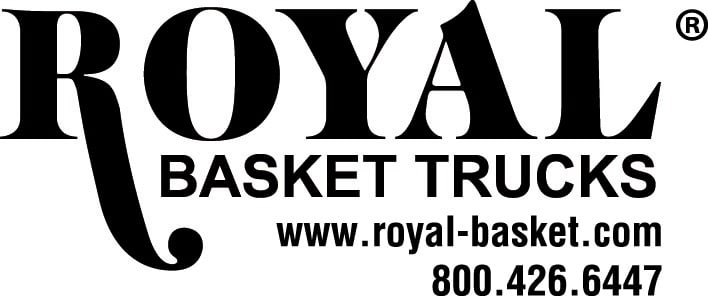As more and more churches find creative ways to use their real estate — by renting out properties, sharing buildings, even building affordable housing on church land — it’s particularly important to make sure these buildings are being properly managed. But even congregations with a more traditional setup need an occasional refresher to make sure they’re doing what’s needed to take care of the church.
Good property management isn’t only essential to rental properties; it’s necessary to ensure the continued health of any church building and prevent the kind of damage that long-term neglect can cause.
First things first: Does your church have a dedicated property management position? Many don’t. If not, it might be helpful to appoint someone other than clergy to oversee regular church maintenance, including a volunteer, staff member, or facilities committee. It’s crucial that someone is tasked with organizing big-picture property management, even if you have the staff in place to take care of most things, like a custodian or groundskeeper. This designated person should keep records of repairs, stay up to date on the condition of the building, track energy use, and oversee any other property work that needs to be done.
Organize Your Church Maintenance Files
If you haven’t already, collect all repair reports and information about the building in one binder or filing cabinet (and/or save them electronically). This can include blueprints, photos, lists of building assets, notes on the history of heating and cooling systems, and other important documents. Consider obtaining a building conditions survey to help your property manager get an idea of the condition of the building and help them prepare for the future.
Check Your Church Maintenance Energy Use
Examine recent utility payments and all energy systems. Chances, are your church is using more energy than it needs to. Is there anything you can do to reduce your use? In addition to supporting practices that help the planet, this kind of audit can help your congregation reallocate more money towards ministry goals. A great resource for information on reducing energy use is the Interfaith Coalition on Energy.
Let’s take a look at the big-ticket church maintenance items.
Roof
Major roofing repairs can be costly, so it’s important to know how yours is faring. What kind of roof does your church building have? Historic tile roofs will require different maintenance than asphalt shingle roofs, for example, and gutters need particular attention, too. Be sure to schedule regular inspections and maintenance so you can catch any problems before they get worse.
Windows
Whether your church has traditional glass windows or decorative stained glass, those windows require care to preserve their beauty and function. Stained glass, in particular, needs to be watched for leaks and damage, but older traditional windows might also need repair or replacement if they become energy inefficient.
Fire Safety
When it comes to fire, an ounce of prevention is worth a pound of cure. Review your church’s fire prevention measures, including smoke alarms, sprinklers, and fire exits. Be sure to check for these common fire hazards, and pay particular attention to any outdated or historical components that might no longer comply with current fire codes.
Consult Your Church Maintenance Budget
Do you have the financial means to make necessary repairs and pay for ongoing church maintenance? If not, it’s better to know sooner rather than later — that way your church can make a plan. Take a look at your existing church budget and see what can be done to ensure that your building is properly supported in the years to come.
Setting up a proper church maintenance plan can seem overwhelming, so don’t be afraid to ask for help if you need it! There are many resources for performing a thorough self-check-up that includes the less visible aspects of church maintenance. If your church building is older, don’t forget to take advantage of The National Park Service’s resources for preserving historic buildings.
This article is courtesy of DCG Strategies, a commercial real estate firm with a distinct mission to serve California’s community-benefit organizations, www.dcgstrategies.com.














